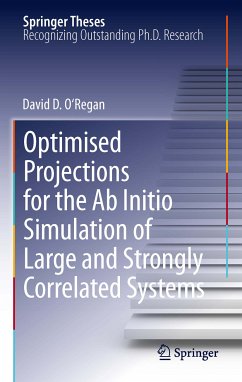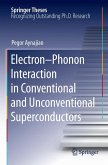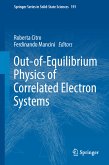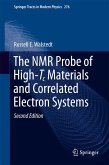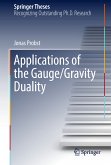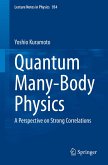Density functional theory (DFT) has become the standard workhorse for quantum mechanical simulations as it offers a good compromise between accuracy and computational cost. However, there are many important systems for which DFT performs very poorly, most notably strongly-correlated materials, resulting in a significant recent growth in interest in 'beyond DFT' methods. The widely used DFT+U technique, in particular, involves the addition of explicit Coulomb repulsion terms to reproduce the physics of spatially-localised electronic subspaces. The magnitude of these corrective terms, measured by the famous Hubbard U parameter, has received much attention but less so for the projections used to delineate these subspaces. The dependence on the choice of these projections is studied in detail here and a method to overcome this ambiguity in DFT+U, by self-consistently determining the projections, is introduced. The author shows how nonorthogonal representations for electronic states may be used to construct these projections and, furthermore, how DFT+U may be implemented with a linearly increasing cost with respect to system size. The use of nonorthogonal functions in the context of electronic structure calculations is extensively discussed and clarified, with new interpretations and results, and, on this topic, this work may serve as a reference for future workers in the field.
Dieser Download kann aus rechtlichen Gründen nur mit Rechnungsadresse in A, B, BG, CY, CZ, D, DK, EW, E, FIN, F, GR, HR, H, IRL, I, LT, L, LR, M, NL, PL, P, R, S, SLO, SK ausgeliefert werden.

